Planting sunflowers in pollinator habitats can boost bee health by providing them with pollen that protects against intestinal pathogens.
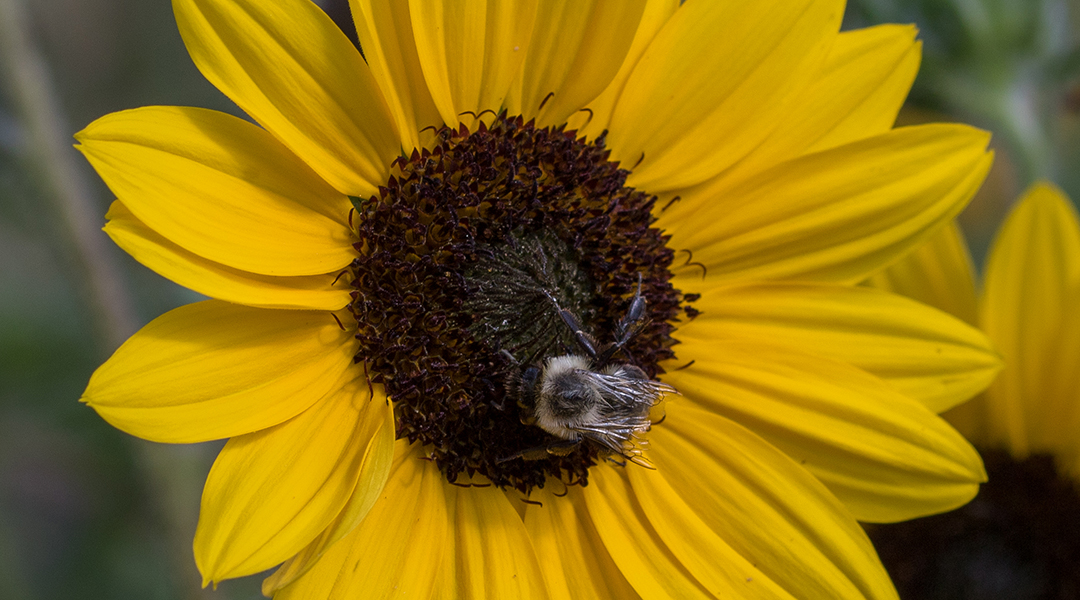

Planting sunflowers in pollinator habitats can boost bee health by providing them with pollen that protects against intestinal pathogens.
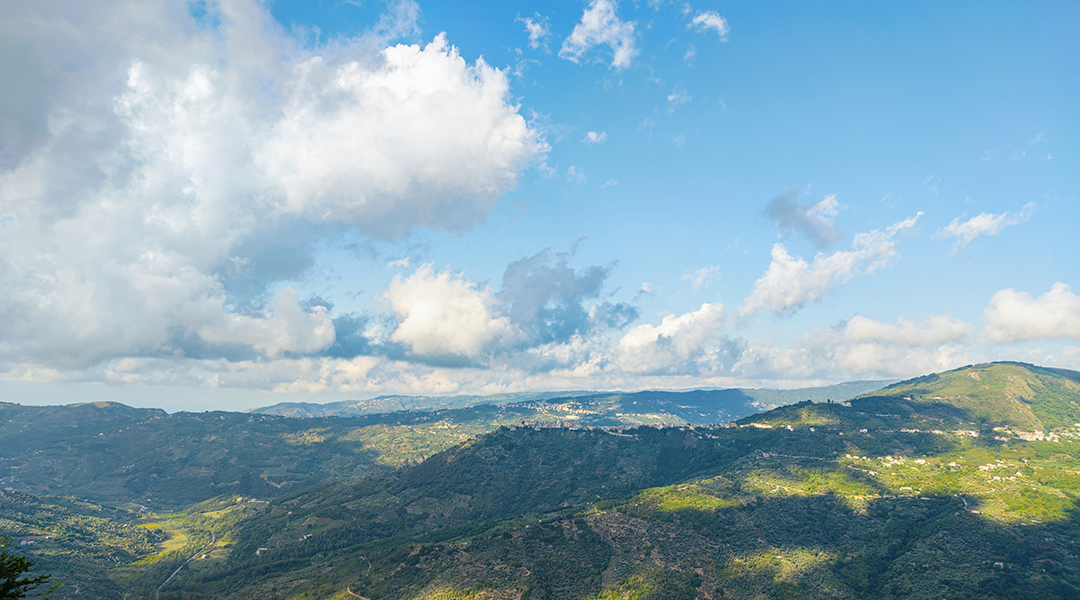
A list of articles showcasing innovative individuals and technologies working to build a sustainable economy that protects our planet.
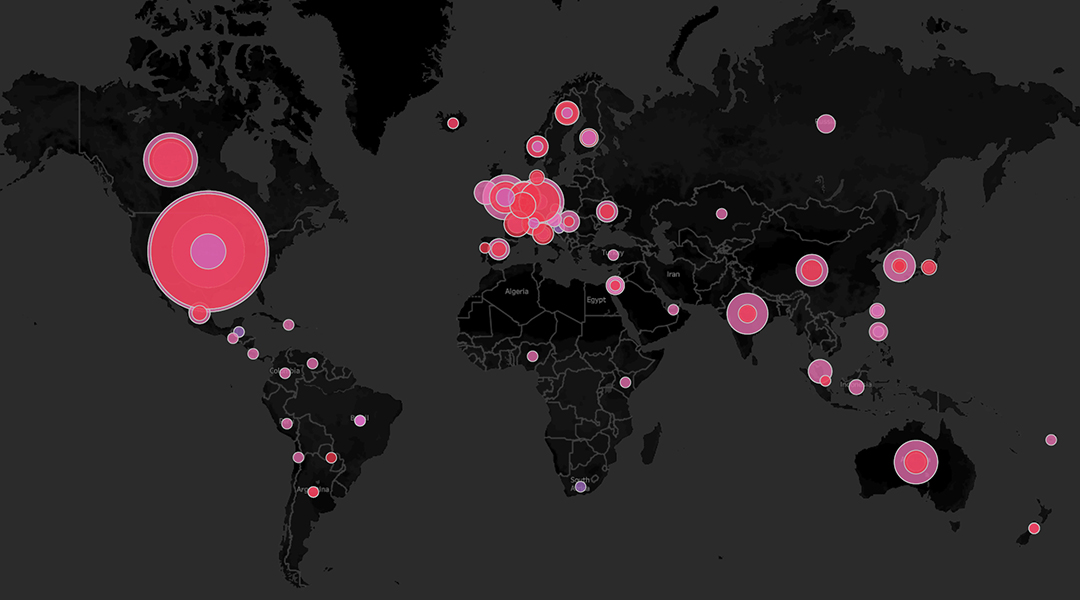
The circular carbon economy is still in its infancy, and realizing it will require innovative processes for capturing and utilizing carbon.
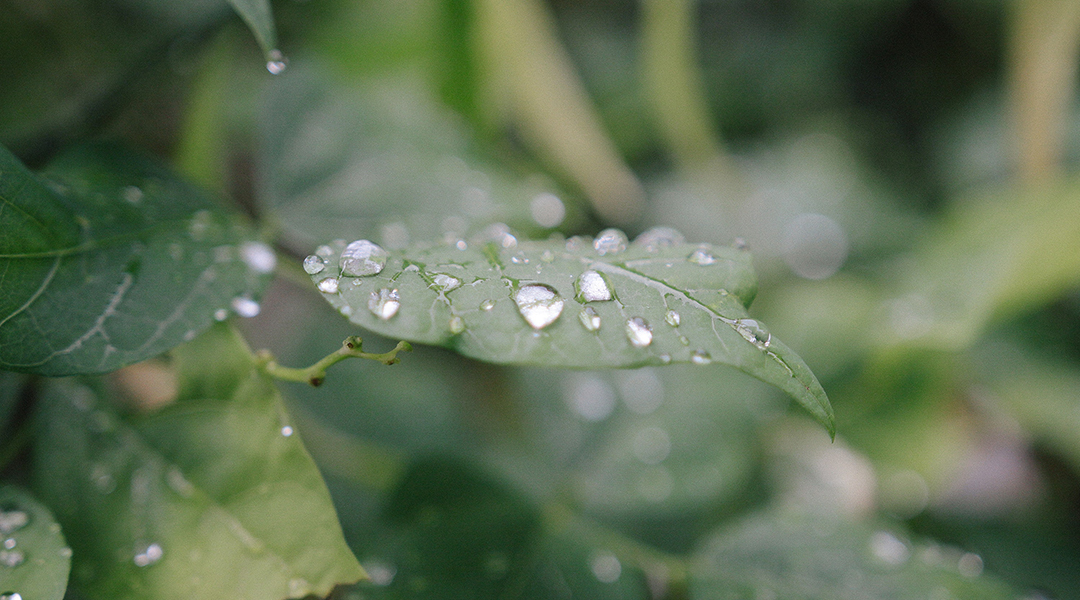
By accurately detecting moisture levels, this artificial leaf sensor could help increase crop yields while reducing the need for pesticides.
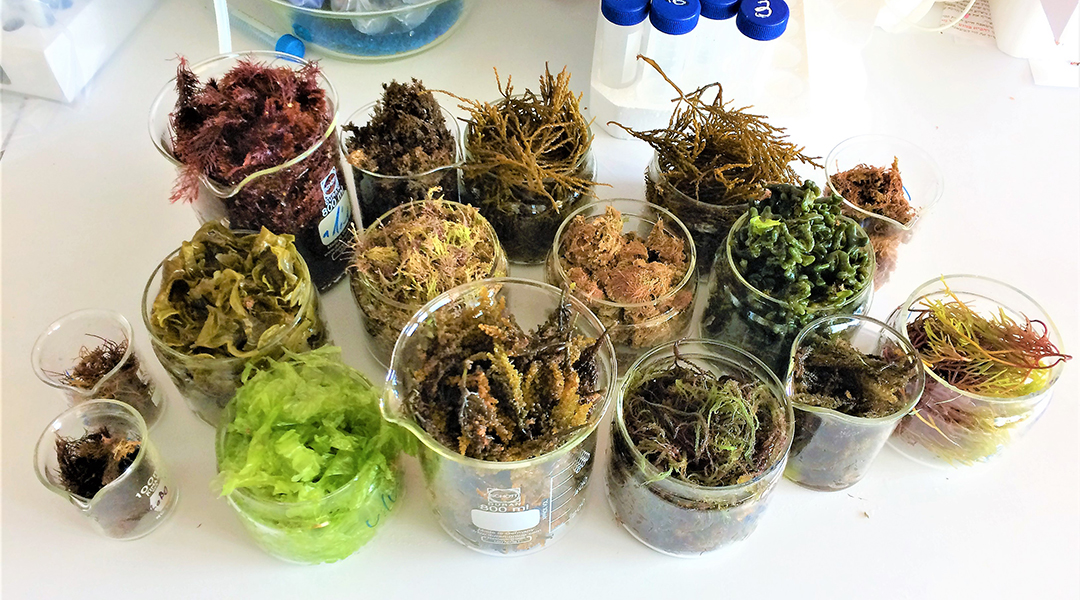
A new cultivation method enhances the concentration of valuable compounds in seaweeds with substantial environmental benefits.
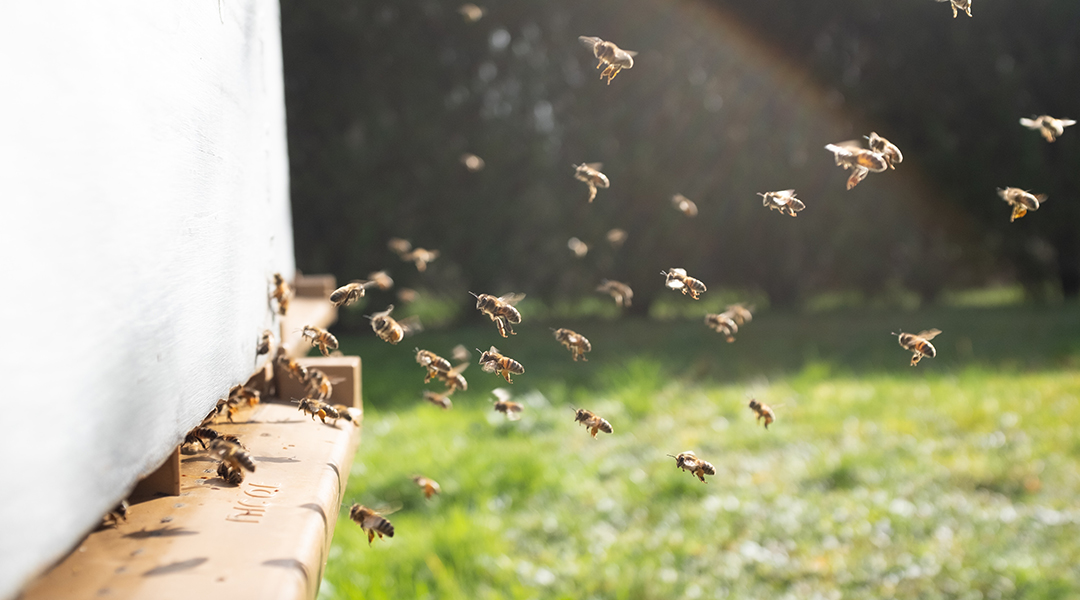
The microbes in beehive debris vary widely between cities and neighborhoods, and could hold keys to assess the human populations’ health.
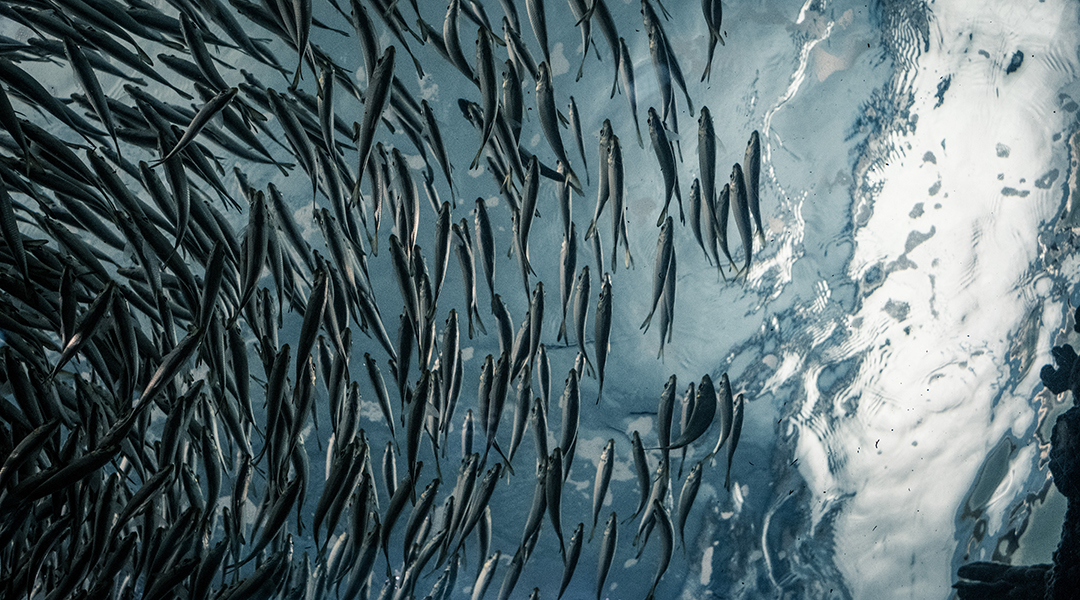
Fish adjust their sensitivity to the actions of others, such reacting to false alarms, to reduce the risk of responding to misinformation.

Biosorption could help in the recycling and reuse of rare earth elements.
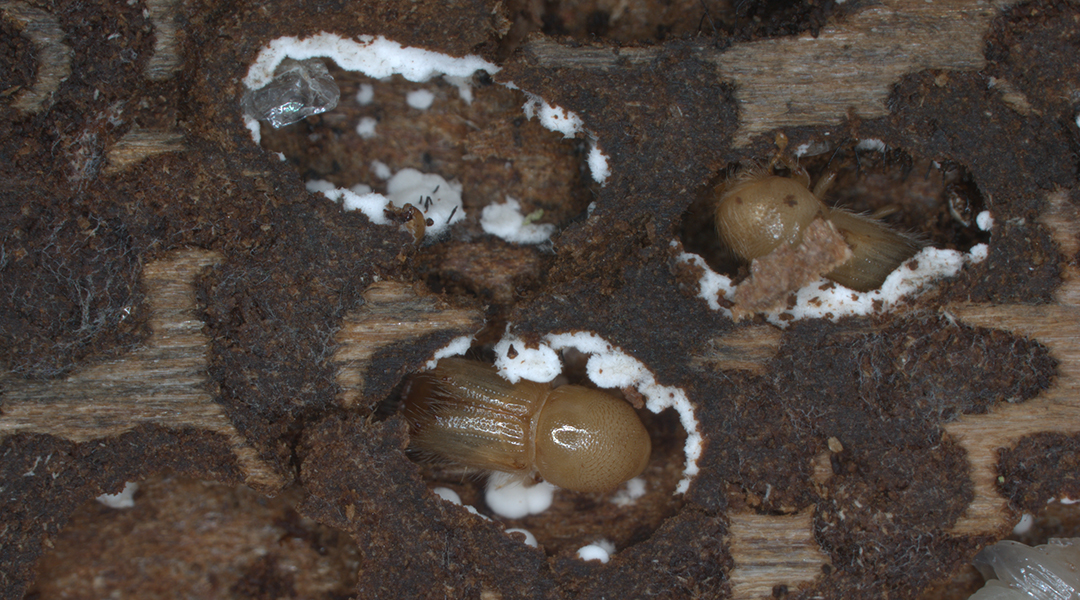
New study clarifies symbiotic link between bark beetles and fungi in the destruction of coniferous forests.
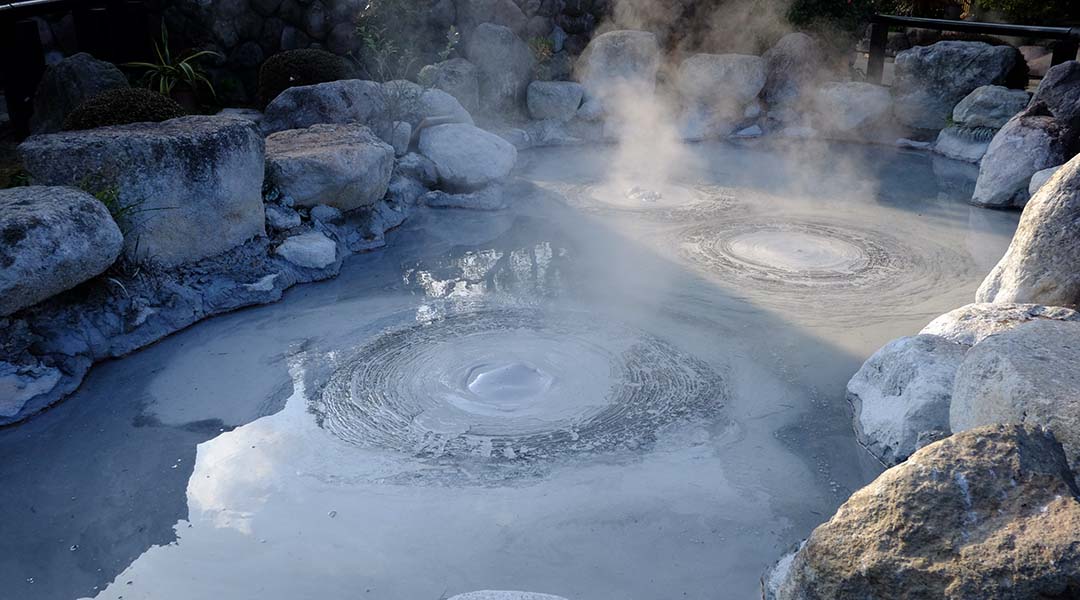
Recent discoveries have unearthed a bonanza of natural hydrogen in significantly larger quantities than was previously thought possible.